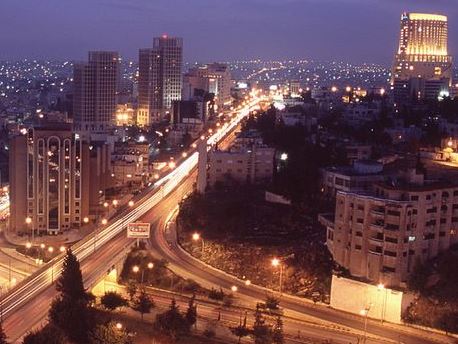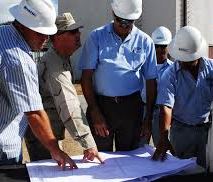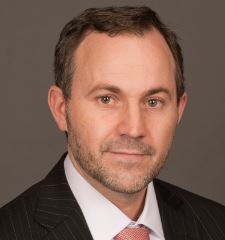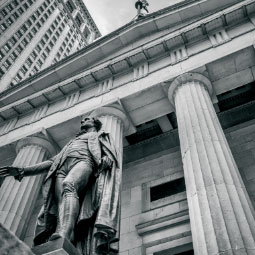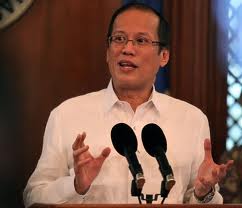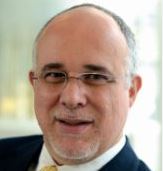[vc_row][vc_column][vc_column_text]
World Bank Group
The World Bank Group comprises five institutions that have their own membership, articles of agreement and governing bodies but work as one in the service of partner countries:
- The International Bank for Reconstruction and Development (IBRD)
- The International Development Association (IDA)
- The International Finance Corporation (IFC)
- The Multilateral Investment Guarantee Agency (MIGA)
- The International Centre for Settlement of Investment Disputes (ICSID)
The IBRD (soon to become known as the World Bank) was set up in 1944 to help
countries that had been devastated by war. Its focus moved from reconstruction to development and particularly the funding of ambitious infrastructure projects. With the birth of the
IFC (1956), private companies and financial institutions in the developing world could take advantage of loan facilities. Four years later, the
IDA came into being with a remit to help the poorest countries. The subsequent founding of
MIGA and
ICSID further improved the World Bank Group’s opportunities to align global financial resources to developing world needs. These five institutions seek out sustainable solutions to reduce poverty and encourage prosperity for all. Their specific mission (target 2030) is to reduce to three percent the proportion of the world population that lives in
extreme poverty. An important aim is to dramatically improve the incomes of the poorest 40 percent of people in all countries. There are currently 189
member countries. The IBRD and IDA constitute ‘The World Bank’ and focus on helping the governments of developing countries. The latter works to help the world’s poorest and the former concentrates on the middle-income countries and the more creditworthy. The IFC, MIGA and ICID help strengthen the private sector in the developing world. The World Bank is funded through its accumulated reserves and money paid in by its members.[/vc_column_text][/vc_column][/vc_row][vc_row][vc_column][vc_column_text]
Two years ago, the World Bank Group’s International Finance Corporation tried something that had never been
Many investors, lenders, and government officials are familiar with the Multilateral Investment Guarantee Agency (MIGA) of
Policy makers in the advanced economies at the core of the global financial crisis can make
Sub-Saharan Africa is blessed with large hydropower resources that can bring electricity to homes, power businesses
Read more
A US$250 million loan, approved last week, will ease Jordan’s fiscal strains, which have been deepened
As Sub-Saharan Africa develops rapidly, it is estimated that the continent will need millions of engineers
Financial exclusion restricts economic opportunity and constrains poverty reduction. Yet today there are an estimated 2.5
By Paulo Correa and Christopher Colford Promoting economic growth and job creation requires innovative industries that can make
Read more
Global financial integration and the linkages between the financial and the real sides of economies are
Hamada Mohamed, a taxi driver, is married with a 3 -year-old boy, and expecting a new
“We have been encouraged by the resilience of the Filipino people and the determination shown by
Africa is booming—mostly. Much of the continent has experienced strong and sustained economic growth over the
Read more
[/vc_column_text][/vc_column][/vc_row]


















































































